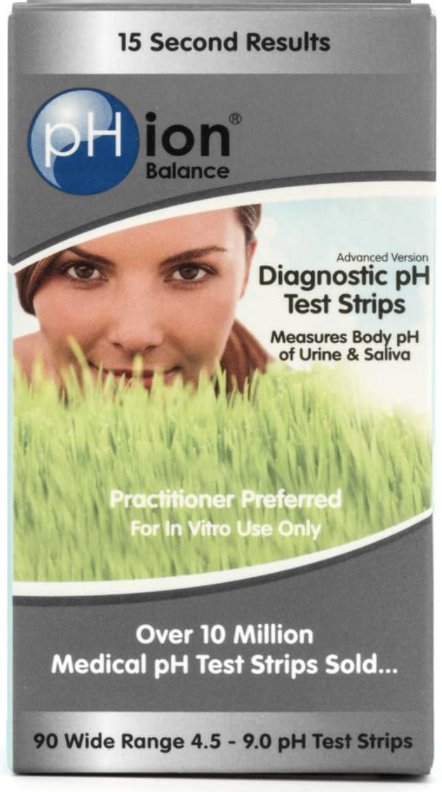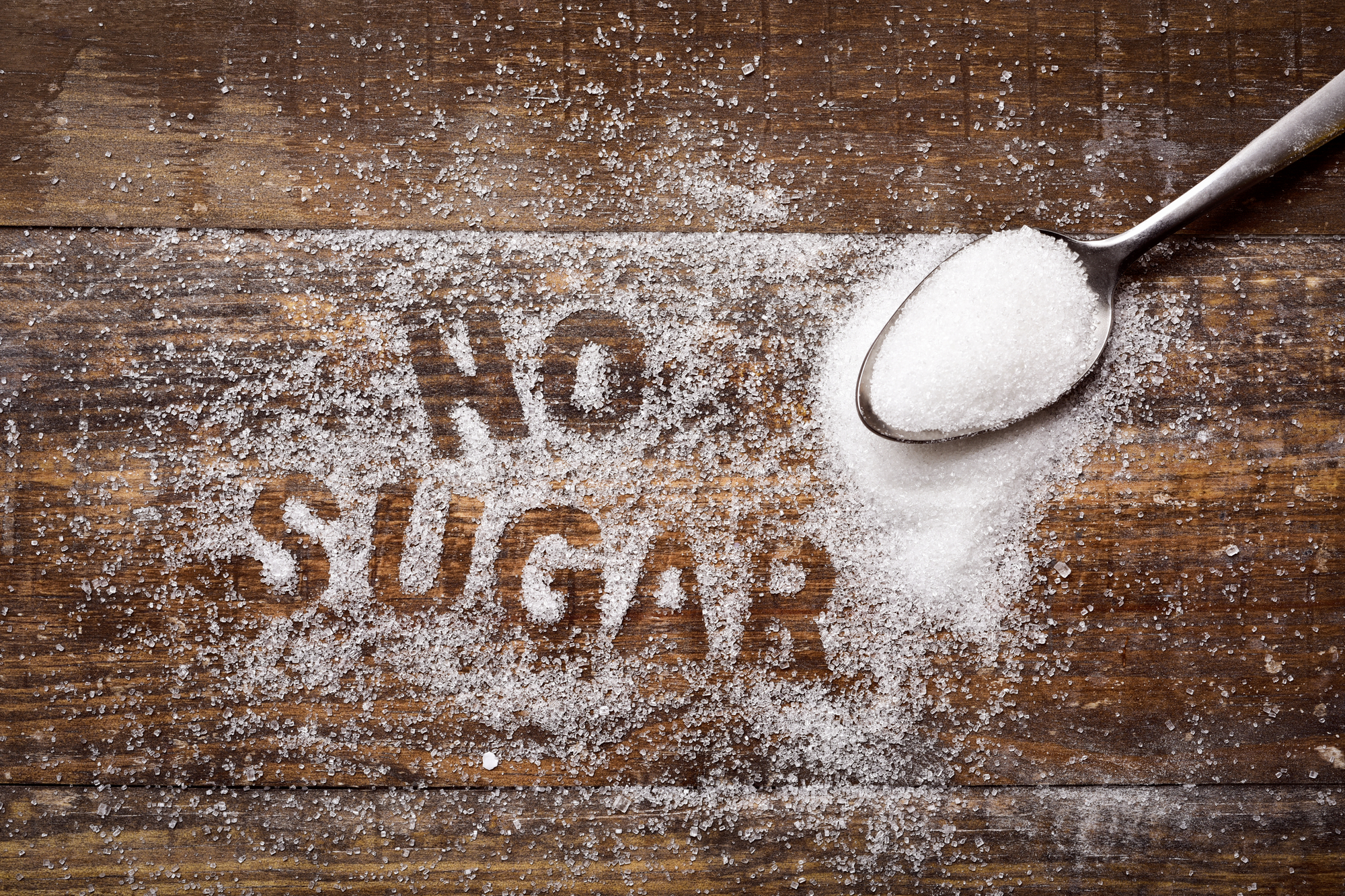Balancing Your pH
One of the most effective steps in making your body inhospitable to disease, even cancer, is balancing your pH.
What is pH?
“Potential” of “Hydrogen”, or pH, represents the amount of hydrogen ions in a particular solution. The lower the pH the more acidic the solution, and the higher the number the more alkaline.
Blood pH versus Urine pH
Blood and Urine pH are not the same thing:
-
- Blood pH measures the acidity or alkalinity of your blood and is tightly regulated between 7.35-7.45 by your lungs and kidneys.
- Urine pH measures the acids and bases that are filtered out of your blood and then excreted in the urine. This makes your body’s pH a direct consequence of the substances, food and drink we consume. The pH of your urine can range between 4.5 (very acidic) to 8 (very alkaline), with a normal range being 6 – 7.5.
Why is monitoring your urine pH important?
Acidity causes a lack of oxygenation in your body. Your cells require oxygen in order to be healthy and function properly. When your body becomes too acidic, it creates an environment where diseases (bacteria, yeast, fungus, inflammation, mold, viruses, tumors, and cancer) can thrive. When you balance your pH, you make the environment inside your body inhospitable to disease while supporting the healthy functioning of your cells. As a result, the first line of defense against disease of any kind is maintaining a pH balance.
Monitoring your pH.
Monitoring your pH is a simple urine test. You can purchase pH strips at your local health food store or online. The best time to test your pH is in the morning when your body is most acidic. However, if you are working on balancing your pH in an effort to combat illness or inflammation, it is best to also monitor your pH 1 1/2 to 2 hours after you have eaten. That way you know how your body is responding to your diet and what foods to select for your next meal. A healthy pH range is between 6.75 – 7.5. If you are working on healing disease, it is best to maintain the more alkaline end of normal.
Steps for alkalizing your body:
1. Drink alkaline fluids.
Drinking water is supposed to be one of the most natural ways to alkalize your body. However, depending on where you live and the kind of water you drink, it may not be very alkaline. To boost the alkalinity of your drinking water, squeeze ½ of a large lemon or 1 lime into 12 oz of water. Decaffeinated green tea, hibiscus and rooibos teas are also very alkaline.
2. Eliminate sugar.
Sugar creates acidity in your body. Our Western American Diet has way too much sugar, from carbohydrates to refined cane sugar. The Glycemic Index (GI) indicates the total rise in blood sugar following the consumption of a particular food. Foods with carbohydrates that break down quickly during digestion release glucose rapidly into the bloodstream and have higher GI levels. Conversely, foods with carbohydrates that release glucose more slowly into the bloodstream tend to have lower GI levels. The GI typically ranges between 50 and 100, where 100 represents pure glucose. Choosing foods with a low glycemic index will help make your body more alkaline. For a GI list of common foods, visit the Harvard Medical School website.
3. Avoid animal products.
Meat and dairy are highly acidic. In order for your body to compensate for the acidity, it takes calcium (an alkalizing mineral) from your bones.
4. Eat alkaline.
There are a lot of resources online that list the pH of different foods. Be careful, you don’t want the actual pH of the food item, but the pH of the ash that is produced in your body after consuming the food. When the food you eat has been broken down by your digestive tract it creates an ash that alters the body’s acidity or alkalinity. Select foods from our Low Glycemic Alkaline Food List to incorporate in your diet is a great place to start. Also check out the Alkaline Sisters’ Alkaline Food Chart that shows the pH values of various foods. If you are working at maintaining good health, remember the 80/20 rule – 80% of your plate should contain alkaline foods and 20% acidic. If you are struggling with an illness, it is recommended that you increase that percentage of alkaline foods depending on your pH level. When Stefan was battling cancer, he focused 100% of his diet on low glycemic alkaline foods until he was cancer free.
5. De-stress your life.
Our society undervalues the role of the mind in healing. Dr. Lissa Rankins book, Mind Over Medicine, provides an insightful look at our inner power. Think about it, our emotions have the power to directly effect how we are feeling physically. As a result, it makes sense that, not only do the foods you eat make your body alkaline or acidic, but emotions such as anger, hate, sadness, despair, and loneliness also affect the acidity of your body. Happy emotions, such as love, make your body pH alkaline.
Meditation is a wonderful tool to help balance your emotions. You don’t have to practice yoga or become a Buddhist. Simply set aside some time each day for yourself. Meditation can take many forms: sitting in quiet, silently repeating a mantra or listening to a guided meditation; walking in nature; practicing conscious awareness; or engaging completely in an activity you love. Experiment with different forms of meditation to find the one that fits your personality.
We invite you to try this free 7 minute guided meditation created by Mary Gospe.
6. Consider taking alkalizing supplements.
If you are having difficulty raising your pH levels, talk to your doctor or nutritionist about taking alkalizing mineral supplements. Calcium, magnesium, and baking soda are just a few that can help alkalize your body. Please do not self-prescribe supplements. Overdosing on supplements is a real concern and can cause adverse affects to your health.




